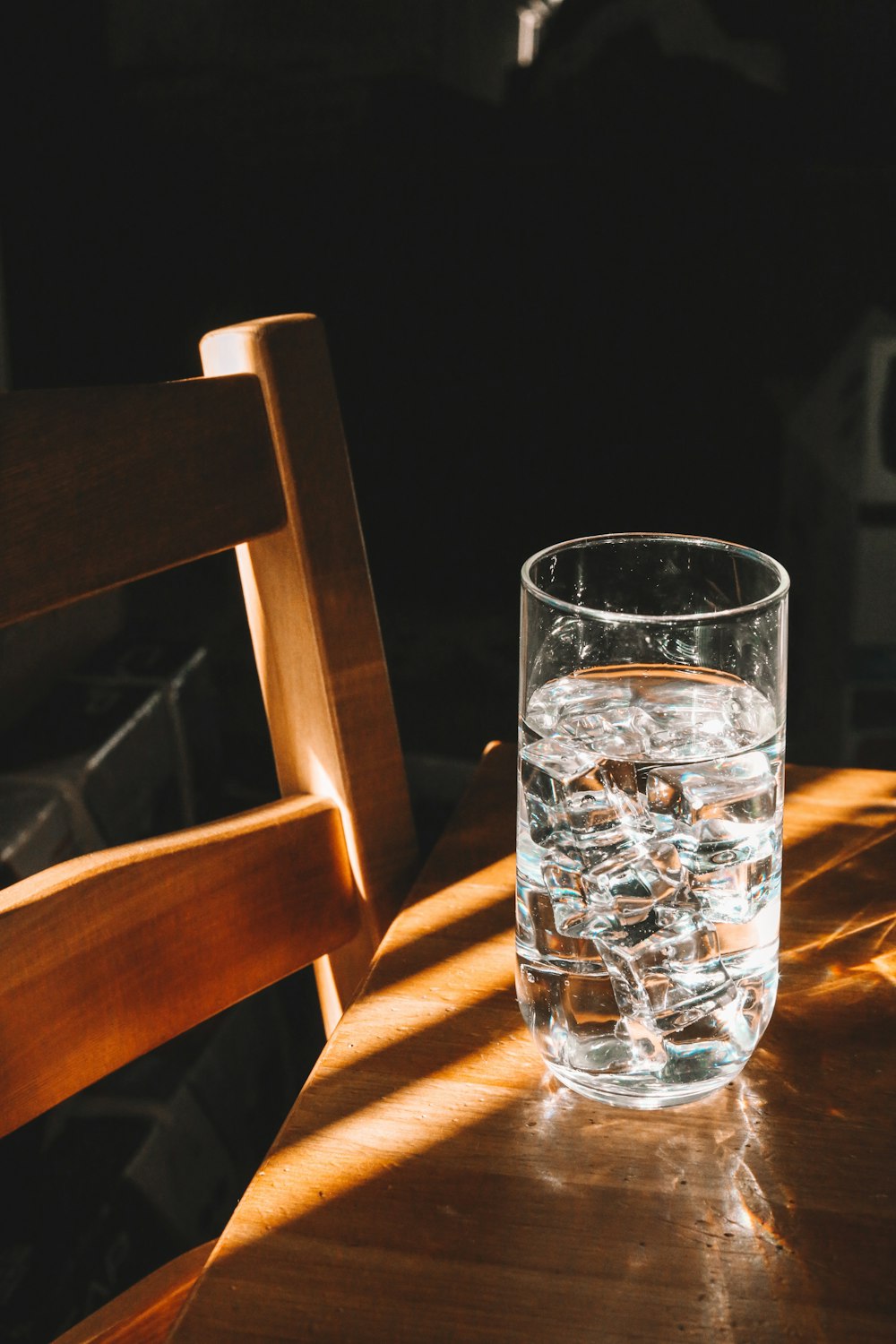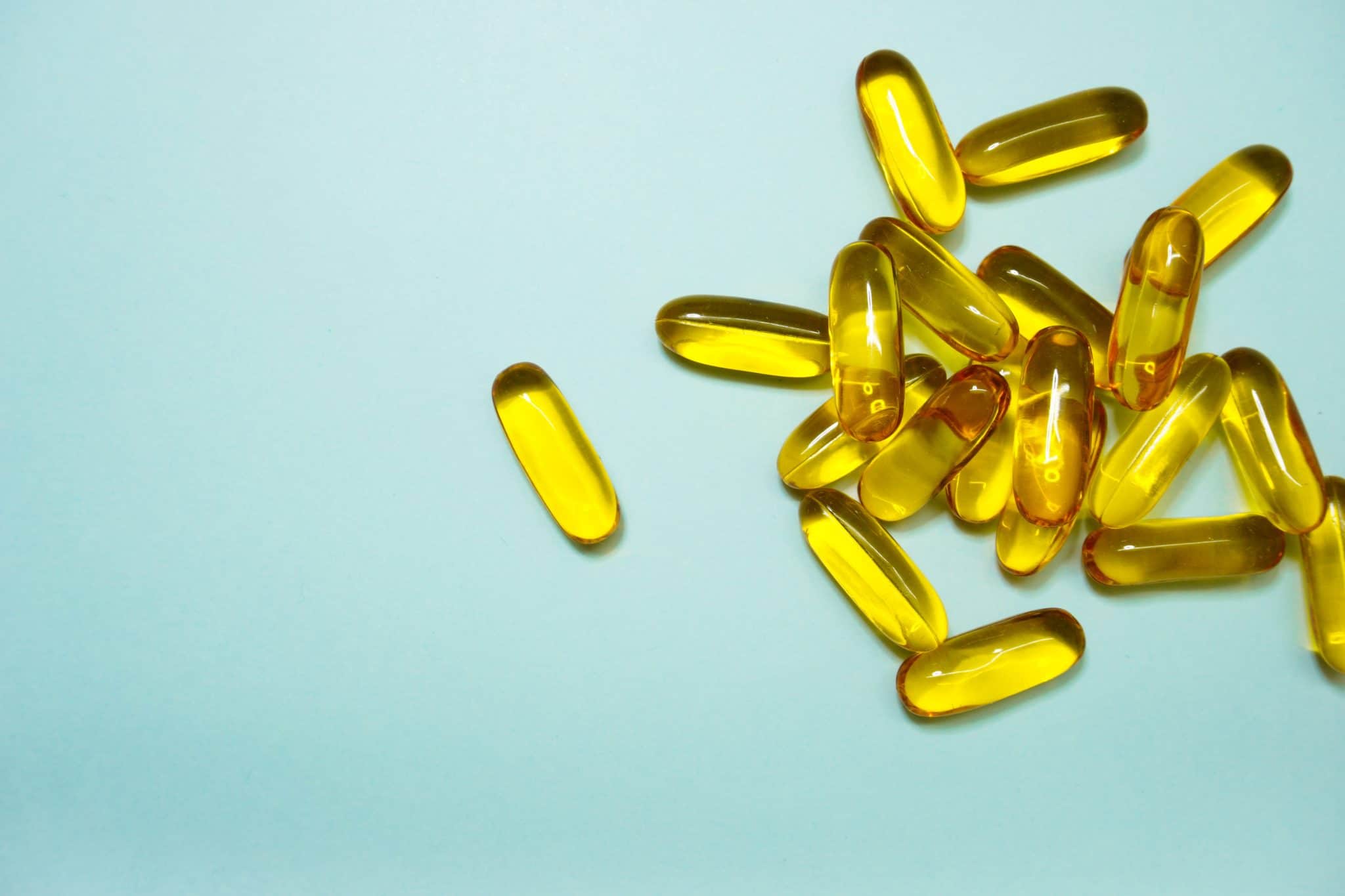Menopause is a natural process in which the levels of estrogen drop, leading to symptoms such as hot flashes and night sweats. One of the most common symptoms that women experience during menopause is fatigue. We’ll discuss what causes this symptom, how it manifests itself, and the treatment options available for it!
What are menopause symptoms?
Menopause typically occurs between ages 45-55 but can happen as early as age 40. Symptoms of perimenopause (the period before actual menopause) include erratic periods or missed periods, hot flashes or night sweats, anxiety, trouble sleeping or insomnia, increased thirst, dry eyes and mouth. Other symptoms include weight gain or loss, vaginal dryness, decreased libido (sex drive), irritability and mood swings.
The most common symptom of menopause is fatigue! It typically manifests itself in the form of a persistent feeling of being tired despite adequate sleep at night which can be alleviated by naps.
There are many symptoms that can result from menopause and fatigue is one of the most common.

How does testosterone affect women’s health?
Testosterone is a hormone that has been known to affect men more than women, but it actually affects both sexes in different ways. Women need testosterone for libido (sex drive), mental clarity, mood stability and regulation of other hormones such as estrogen and progesterone. Testosterone also helps fight depression in women by increasing serotonin levels in the brain.
Women experience fatigue during menopause because their bodies are not making as much estrogen, which can lead to lower serotonin levels in the brain and therefore depression! It also causes low testosterone levels, leading to less energy production by muscles due to decreased mitochondria numbers. The decrease of these two hormones (estrogen & testosterone) leads your body into a catabolic state, where your body is breaking down muscle tissue to be used as energy.
This is why women experience fatigue during menopause because their bodies are losing the ability to produce adequate amounts of estrogen and testosterone which leads muscles into a catabolic (breakdown) state. This can also lead to other health issues such as osteoporosis, heart disease and Alzheimer’s.
What can you do to get relief from menopause fatigue?
There are many different treatment options for menopause fatigue during menopause, but it is important to find out what the underlying cause of the fatigue may be. For instance, if you have low testosterone levels then your doctor may prescribe a topical testosterone cream or gel that can help alleviate symptoms such as hot flashes and night sweats while also increasing energy production by muscles.
Osteoporosis is a major health concern for women during menopause because bones become weaker due to hormonal changes, leading them to risk of fractures and breaks in the bones. This can be prevented by taking calcium & vitamin D supplements along with weight-bearing exercises such as walking or running! If you are experiencing night sweats then it is important to sleep in a cool room, change your sheets frequently and avoid drinking fluids right before bed.
Many women experience depression due to their decreased estrogen levels during menopause which can be relieved by taking an antidepressant or supplementing with St. John’s Wort (which has similar effects as SSRIs). Counselling may also help with depression during menopause by teaching you different coping mechanisms to deal with the symptoms.
Tips for living a healthy lifestyle during menopause
There are a few tips that can help you keep your hormones in check and live a healthy lifestyle during menopause. Eating foods high in antioxidants such as berries, green leafy vegetables (such as kale), dark chocolate, apples & cinnamon helps fight free radicals that damage DNA which can lead to cancer.
Not drinking enough water throughout the day can lead to headaches & fatigue, so make sure you drink the recommended amount of water (between 60-100 ounces per day depending on your weight). Get a minimum of six hours of sleep every night and exercise for at least 30 minutes a day.
Make sure that during menopause or any other time in your life that you get regular checkups with your doctor so that they can monitor your hormone levels. It is extremely important to be proactive about monitoring for any health issues because it could save your life!
menopause fatigue, menopause depression, are very common so please do not feel alone.
The importance of diet and exercise in managing fatigue during menopause
Diet & exercise are extremely important in managing fatigue during menopause because they can help you maintain muscle mass, increase your energy production and decrease the risk of other diseases. It is also very helpful to eat a well-balanced diet high in protein (especially red meat) which helps build muscles so that they will be more metabolically active. This means that you will have more energy throughout the day because your muscles are giving off more energy than fat cells! Healthy foods are the key to being healthy.
You can also decrease fatigue by maintaining a healthy body weight since obesity causes many health problems such as cardiovascular diseases, diabetes and even cancer so it is important to eat well & exercise regularly in order to stay fit during menopause.

Things to avoid while trying to manage your energy levels
There are many things that you should avoid while trying to increase your energy levels during menopause. Drinking caffeine can cause dehydration which leads to fatigue, so try drinking more water throughout the day instead of iced tea or soda. Avoid smoking cigarettes because it is extremely bad for your cardiovascular health & quitting will help decrease respiratory problems such as shortness of breath.
Last but not least, it is important to avoid drugs and other harmful substances such as cocaine or methamphetamines because they can cause fatigue by decreasing the function of your immune system which decreases energy production! Try taking a nap during the day instead if you are feeling tired since it will help decrease daytime sleepiness.
How to manage hot flashes during menopause
While there is no cure for hot flashes or menopause fatigue, it is very helpful to avoid caffeine & alcohol because they can make the symptoms of hot flashes worse. Dress in layers so that you can take off a layer if your body feels too warm and drink lots of fluids throughout the day since dehydration makes them even more uncomfortable. Try sleeping with a cool cloth on your forehead during the night if you are having trouble sleeping because it can help decrease sweating.
Last but not least, talk to your doctor about medications that they may prescribe for hot flashes such as hormone replacement therapy (HRT), antidepressants or antihistamines because there is no harm in trying them out! If you live in a hot climate, staying indoors during the day and working at night can also help because it is cooler outside than in your home.
Make sure you get a good night’s sleep
Sleep is very important for your overall health because it allows your body to recover from the physical & mental stress that you experience throughout the day. Not getting enough sleep each night can decrease memory, increase irritability and make it more difficult to focus which leads to fatigue! Make sure you are sleeping on a comfortable mattress in a dark room away from all electronic devices with a cool temperature that will decrease sweating during the night.
Try taking a warm bath before going to bed because it can relax your muscles and promote sleep so you do not have fatigue when you wake up in the morning! If insomnia is an issue for you, try changing your diet by avoiding caffeine after lunchtime and eating a snack before going to bed since hunger can wake you up in the middle of the night which decreases sleep quality.
Last but not least, try drinking decaffeinated tea such as chamomile or peppermint because they can also help decrease insomnia so that your body has more time to recover from fatigue during menopause!
Poor sleep can affect you a lot so make sure you are getting enough sleep.
Sleep disorders are a thing so if you think this might be a thing you suffer from then you should contact a doctor.

Drink plenty of water and exercise regularly
The menopausal transition can be very had for a lot of women so it is very important to stay hydrated by drinking at least eight glasses of water every day because it helps your body function properly and decreases fatigue. Try starting each morning with a glass of cold water since it will help increase energy throughout the day! If you do not like drinking plain old water, try adding some mint leaves or lemons to your water so it has a little flavour.
If possible, try exercising for at least 20 minutes every day because regular exercise can improve sleep quality and decrease fatigue! It is also important to get plenty of Vitamin D since low levels are linked with fatigue which you can obtain by getting moderate daily sun exposure or taking supplements.
Last but not least, keep track of the amount of water that you drink and how much physical activity you do each day to ensure your body is functioning properly!

Final thoughts
Menopause can cause many different symptoms, including fatigue. This article has provided you with some ways to manage your hot flashes and fatigue during menopause. We recommend that you drink plenty of fluids throughout the day (8 glasses or more), get enough sleep every night (6 hours) and exercise regularly for at least 20 minutes a day. If these tips don’t work, speak to your doctor about other treatments like medication or hormone replacement therapy!









